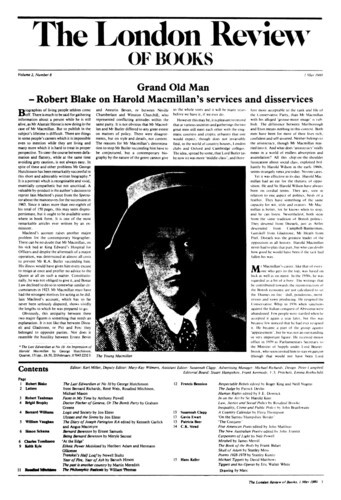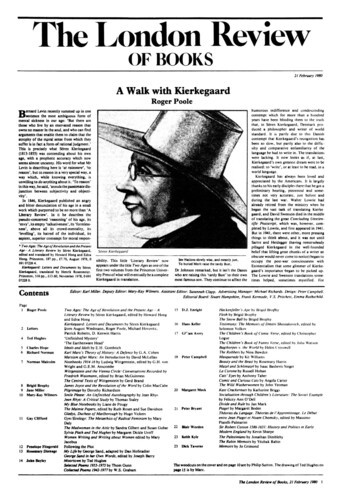Vagueness
Hans Keller, 1 May 1980
Whereas clarity does not always produce clarity in its recipient, confusion invariably inspires confusion. C.G. Jung, a mind of confused genius, was a hell-send for Michael Tippett, a veritable genius of confusion – who now, celebrating the 75th year of his consistently lively life, inspires sundry confusions in his commentators, and even in those who comment on his commentators: ‘Michael Tippett’s music resists close analysis,’ declares the distinguished Hugo Cole in the opening sentence of his review of the two books here under consideration. For one thing, ‘close analysis’ is a pleonasm, proving the writer at least momentarily incapable of analysing his own thought, and never mind Tippett’s.


